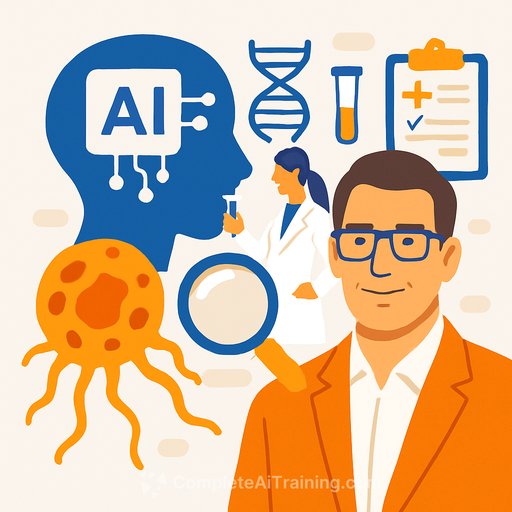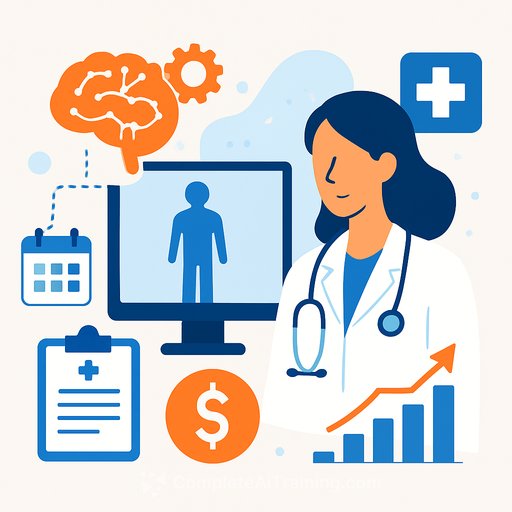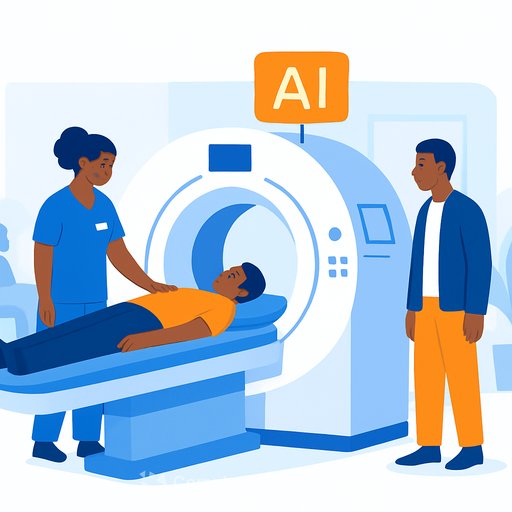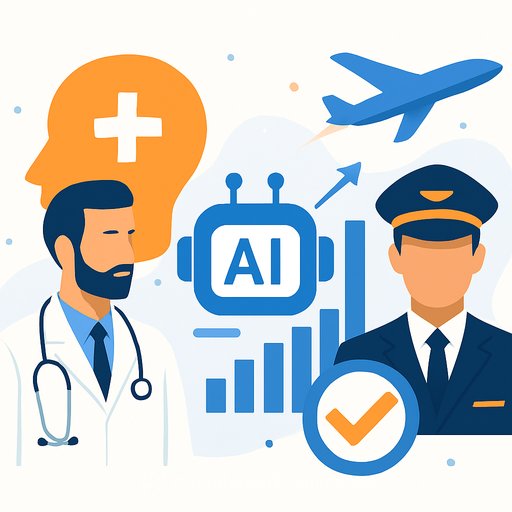An investigation into the $368 billion AI healthcare shift — and the visionary CEO determined to make cancer a preventable disease
The $368 billion cancer diagnostics market is transforming beyond simple testing. It is about changing how we approach human health. At the forefront of this change is SooYoun Chang, CEO of Prevenotics, who channels personal loss into a mission to end cancer.
The trillion-dollar transformation: When prevention meets precision
The healthcare industry is at a critical turning point. The cancer diagnostics market, valued at $240 billion in 2023 and expected to reach $368.1 billion by 2030, reflects a shift from treating cancer after it appears to predicting and preventing it before it develops.
McKinsey & Company's latest analysis highlights that AI-powered early detection could reduce global healthcare costs by $100 billion annually by 2030. This signals more than just cost savings—it points to a fundamental shift in how cancer is addressed worldwide.
The Korean advantage: A blueprint for global cancer elimination
SooYoun Chang’s mission grew from witnessing her physician father miss early intervention opportunities despite his medical knowledge. South Korea’s gastric cancer five-year survival rate stands at 78%, compared to just 25% in the United States. This gap isn’t about medical skill but about systematic early detection.
When gastric cancer is detected at stage one, survival rates reach 96%, but drop to 7% by stage four. Prevenotics’ Max Pro device delivers over 90% accuracy within three minutes, translating South Korea’s early detection success into an AI-driven, accessible technology.
The convergence imperative: AI, genetics, and the multi-modal future
Prevenotics’ strength lies not only in its current capabilities but also in how it fits within the broader AI-healthcare ecosystem. Companies like Guardant Health, Grail, and Exact Sciences complement Prevenotics rather than compete with it.
While those companies focus on liquid biopsies or stool DNA testing, combining genetic data with Prevenotics’ AI-powered endoscopic imaging could create nearly 100% accurate detection. This multi-modal approach promises a future where cancer detection is so precise that it shifts from treatment to prevention.
System-wide cost savings vs. market revenue opportunity
Structural inefficiencies in healthcare create large opportunities. Early-stage cancer treatment costs range from $15,000 to $50,000 per patient, while late-stage treatments can exceed $200,000. Yet, early detection currently captures less than 15% of its potential market.
This gap creates a $40-70 billion annual market opportunity for prevention-focused solutions. Investment is flowing accordingly, with billions going into digital health and AI diagnostics, supporting a transformation that aligns with projections from the World Economic Forum and WHO about rising cancer rates by 2040.
Beyond detection: The network effects of trust and technology
Prevenotics is expanding its AI technology from gastric to esophageal and colorectal cancers. Success depends on both technical accuracy and cultural adoption. The team combines medical experts from Seoul National University Hospital, AI talent from LG Electronics, and pharmaceutical business experience.
Chang emphasizes that building trust is as important as building technology. Each successful deployment creates momentum—physicians see results, trust grows, and adoption accelerates. This approach mirrors successful healthcare expansions that prioritize relationships and trust.
The fourth industrial revolution meets healthcare’s greatest challenge
The fusion of AI and healthcare is creating predictive medicine. This aligns with three major trends: democratizing medical expertise, controlling healthcare costs, and developing preventive care infrastructure.
With cancer incidence projected to rise by 70% by 2040, this shift is crucial. Prevenotics’ 2025 CES Innovation Award highlights its role as a trusted authority driving healthcare transformation.
The economics of elimination: ROI in human terms
Early detection offers the highest return on investment in healthcare but remains underutilized. McKinsey’s data shows a 3:1 to 7:1 ROI for early intervention programs, a gap companies like Prevenotics can fill.
The World Economic Forum’s Global Health Security Index points to significant weaknesses in early detection infrastructure, creating a major opportunity to restructure healthcare economics around prevention. This prevention economy could reshape a trillion-dollar system.
The vision: From personal mission to species-level impact
Healthcare systems face rising costs and aging populations. The future isn’t whether AI-powered early detection will dominate, but which companies will lead the shift. Prevenotics, with its proven platform and global vision, is positioned to do just that.
The move from detection to prediction and prevention marks a turning point. It offers a future where cancer becomes a preventable condition instead of a treatment challenge. The technology exists, the economic case is clear, and leadership is ready. Now, the question is how quickly the healthcare world will adopt this new era and make cancer a preventable footnote in medical history.
Your membership also unlocks:





